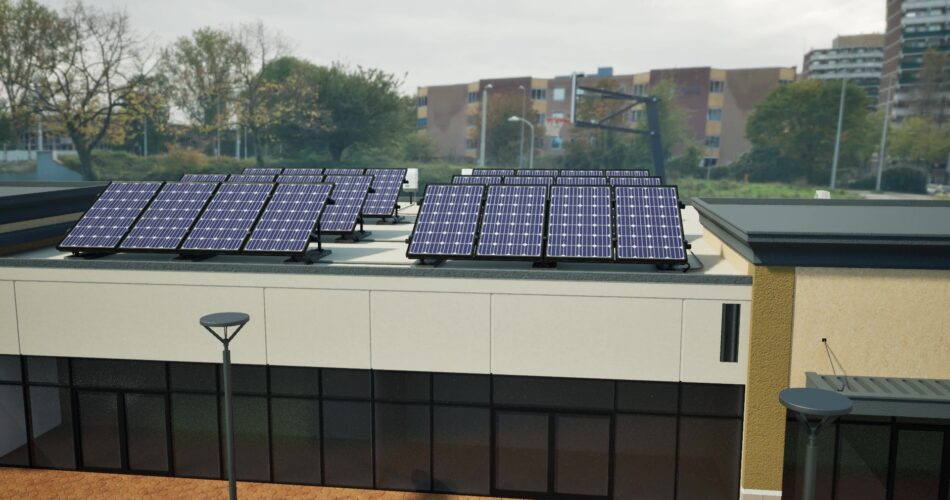The solar energy industry in the United States is booming, with demand for skilled professionals rising year after year. If you’re considering a career in solar, understanding the solar certification requirements in the USA is essential to get started — and to stand out.
Whether you’re new to the field or looking to upgrade your skills, this guide will walk you through everything you need to know about becoming a certified solar professional in 2025 and beyond.
Why Solar Certification Matters
Solar certification is more than just a credential — it’s a powerful career tool. Certification proves to employers that you have the technical skills, safety knowledge, and professionalism needed to succeed in the renewable energy industry. In fact, many states and employers require certification for installers, maintenance technicians, and solar consultants.
Key Solar Certification Requirements in the USA
Here’s what you’ll generally need to qualify for and earn your solar certification:
1. Educational Background
- High School Diploma or GED: Most programs require at least a basic secondary education.
- Technical Training: Some certifications, like the Certified PV Associate, require coursework in solar fundamentals, electrical systems, and safety standards.
Pro tip: Online training providers like ImmerseLearn offer virtual hands-on courses that meet these technical training requirements.
2. Practical Experience
- Some certifications ask for hands-on experience installing or maintaining solar systems.
- ImmerseLearn solves this challenge by offering VR-based simulations, allowing students to gain practical, verifiable experience without needing a job-site placement.
3. Certification Exams
To earn your certification, you’ll typically need to pass a standardized exam. Popular exams include:
- NABCEP Associate Exam: A well-respected entry-level certification exam.
- Certified PV Installation Professional (PVIP): For those with field experience aiming for advanced certification.
Exam topics usually cover:
- PV system design
- Installation safety
- Electrical concepts
- Maintenance and troubleshooting
4. Continuing Education
Solar technology evolves fast. To stay certified, many credentials require continuing education or re-certification every few years. It’s smart to choose a learning platform, like ImmerseLearn, that keeps updating its courses based on the latest industry standards.
How ImmerseLearn Helps You Meet Solar Certification Requirements
Choosing the right training program is key to meeting certification requirements efficiently. Here’s why ImmerseLearn is the best option:
- Meets Education Requirements: Comprehensive training for U.S. certification standards.
- Hands-On VR Practice: Fulfill practical experience needs virtually.
- Exam Preparation: Focused curriculum to help you ace exams like the NABCEP Associate.
- Self-Paced: Study on your schedule — fast-track your certification in a few months.
- Affordable Tuition: Transparent pricing with no hidden fees.
By enrolling in the Certified PV Associate course at ImmerseLearn, you’ll be fully prepared to meet solar certification requirements across the USA.
FAQs: Solar Certification in the USA
Q: Can I get certified in solar energy without experience?
A: Yes! Programs like ImmerseLearn provide hands-on virtual training that counts toward experience requirements.
Q: Is NABCEP certification required in every state?
A: Not always — but it is highly recommended and preferred by employers nationwide.
Q: How long does it take to meet the certification requirements?
A: With ImmerseLearn, you can complete your training and certification prep in just a few months.
Start Your Solar Journey Today
Meeting the solar certification requirements in the USA has never been more achievable. With the right training, you can launch a career in one of the fastest-growing industries and help power a greener future.
👉 Get started with ImmerseLearn — and become a certified solar professional in 2025!

